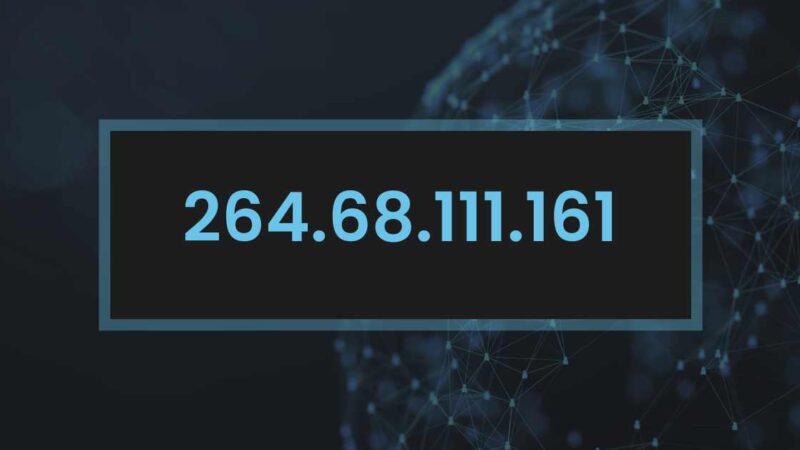Gaming Disorder: Understanding, Diagnosis, and Treatment

What is Gaming Disorder?
Gaming disorder is a behavioral addiction characterized by excessive and compulsive gaming, leading to significant impairment in personal, social, and occupational areas of life. The World Health Organization (WHO) officially recognized it as a mental health condition in the International Classification of Diseases (ICD-11) in 2018.
Key symptoms include:
- Loss of control over gaming habits.
- Prioritizing gaming over daily responsibilities.
- Continuation of gaming despite negative consequences.
How to Treat Gaming Disorder?
Treating game disorder involves a combination of therapeutic interventions and lifestyle changes. Some effective treatment methods include:
- Cognitive Behavioral Therapy (CBT): Helps patients identify and change negative thought patterns related to gaming.
- Family Therapy: Supports family members in creating a healthy gaming environment.
- Digital Detox: Taking breaks from gaming to reset habits.
- Support Groups: Joining communities for peer support and shared experiences.
- Medication: In some cases, medication for anxiety or depression may be prescribed if comorbid conditions are present.
Is Gaming a Mental Disorder?
Yes, games disorder is classified as a mental health condition by the WHO. However, the American Psychiatric Association (APA) lists “Internet Gaming Disorder” as a condition requiring further research in the Diagnostic and Statistical Manual of Mental Disorders (DSM-5).
How to Measure Internet Gaming Disorder?
Internet Gaming Disorder (IGD) can be measured using standardized questionnaires, such as:
- IGD-20 Test: A 20-item test that assesses the severity of gaming behaviors.
- Game Addiction Scale (GAS): Measures gaming behavior and its impact on daily life.
- Clinical Interviews: Conducted by mental health professionals to assess symptoms.
How is Gaming Disorder a Recognized Health Condition?
Games disorder gained official recognition when the WHO included it in the ICD-11. This decision was based on studies highlighting its similarities with other behavioral addictions, like gambling disorder. Recognition has sparked more awareness, leading to better diagnosis and treatment options.
Can You Get a Disability Check for Gaming Disorder?
In the U.S., qualifying for disability benefits due to games disorder is rare. However, if the disorder leads to severe mental health conditions, such as anxiety or depression, those conditions may qualify for disability benefits.
How to Get Diagnosed with Gaming Disorder?
A mental health professional can diagnose games disorder by:
- Conducting a clinical interview.
- Using diagnostic criteria from ICD-11 or DSM-5.
- Evaluating the impact of gaming on daily life.
- Assessing co-occurring mental health conditions.
How Many People in the US Have Gaming Disorder?
Estimates suggest that around 1-3% of gamers in the U.S. meet the criteria for games disorder. The prevalence is higher among adolescents and young adults, where gaming is more widespread.
How to Handle an Adult with Gaming Disorder?
Supporting an adult with game disorder requires patience and understanding. Here are some strategies:
- Encourage Open Communication: Create a safe space to discuss their gaming habits.
- Set Boundaries: Establish healthy limits on gaming time.
- Promote Alternative Activities: Encourage hobbies, exercise, or social engagements.
- Seek Professional Help: Therapy can provide coping mechanisms and personalized treatment plans.
- Provide Support: Offer emotional support without judgment.
Conclusion
Gaming disorder is a real and recognized condition that requires understanding and proper intervention. Whether through therapy, lifestyle changes, or community support, individuals can regain control and lead balanced lives. As the digital landscape evolves, recognizing the signs early and taking proactive steps can make a world of difference.
FAQs
No
Treatment duration varies but typically involves ongoing support for months or even years, depending on the severity.
Yes.
Yes.






